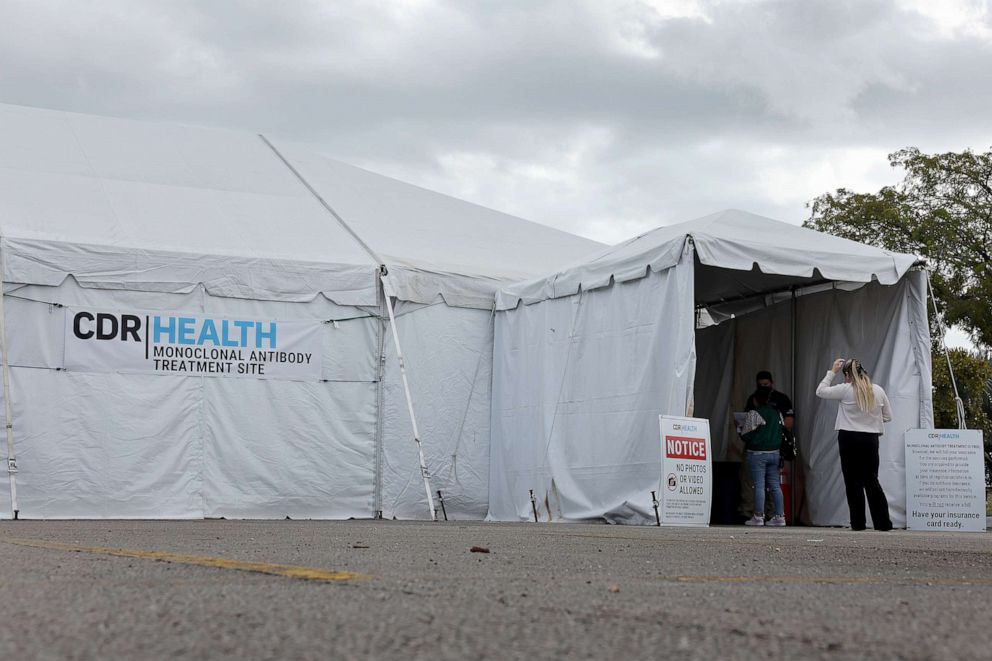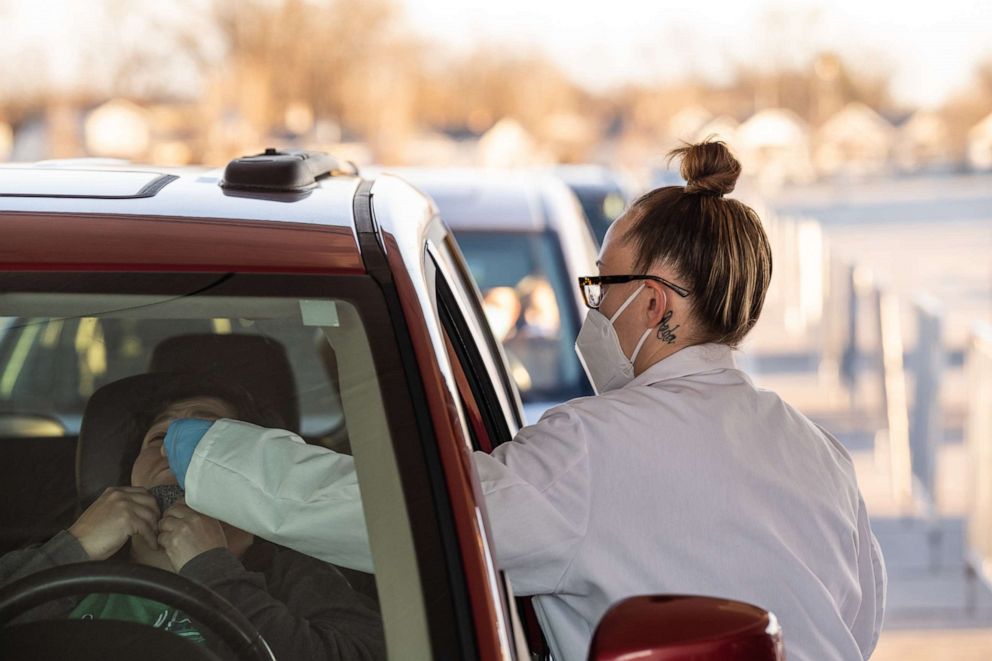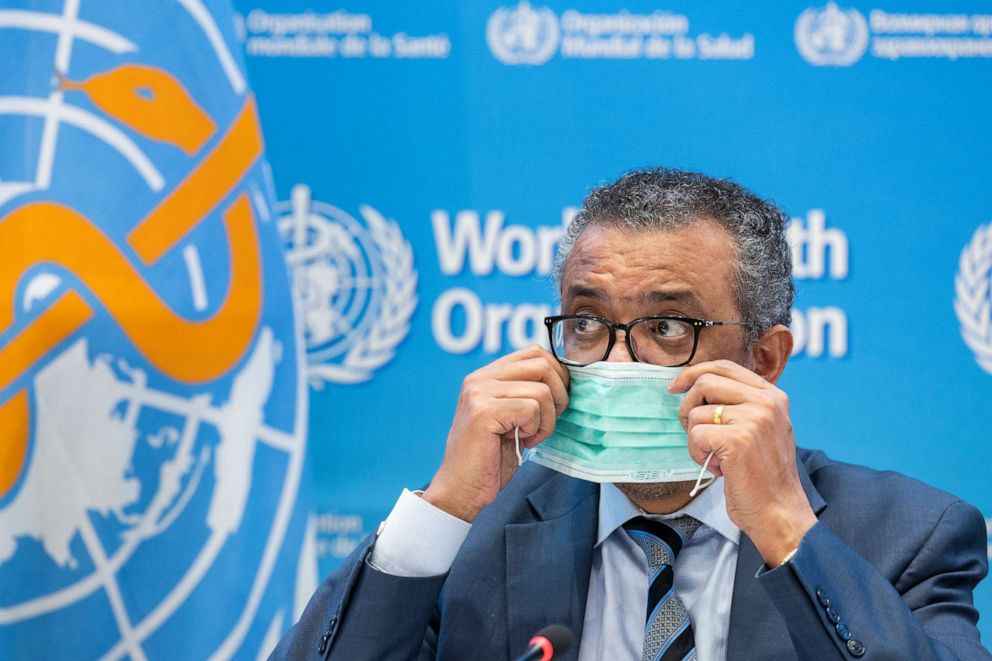Florida governor vows to 'fight back' against FDA's 'reckless' decision
Florida Gov. Ron DeSantis has vowed to "fight back" against the U.S. Food and Drug Administration's "reckless" decision to limit the use of two monoclonal antibody treatments for COVID-19 that were found to be ineffective against the now-dominant omicron variant.
"This is wrong what they are doing, and we have many people now who are very concerned because they were going to go in and get it today or tomorrow," DeSantis said during a press conference Tuesday.
While the governor acknowledged that the treatments are less effective against omicron, he claimed that people in Florida have seen their COVID-19 symptoms clear up in the last month after receiving the treatments. DeSantis, however, did not offer data to support that claim.
"We're going to fight back against this," he told reporters.
When asked whether he plans to take legal action against the federal government, DeSantis said: "I don't know. We're going to see what we can do."

With omicron accounting for more than 99% of COVID-19 infections nationwide, the FDA on Monday revised its authorizations for two of the main monoclonal antibody treatments that have been widely used across the country -- one made by Eli Lilly and the other by Regeneron. The FDA said both treatments are no longer authorized for use in any U.S. state, territory or jurisdiction and should not be used for treatment against COVID-19. In the future, the treatments could still be used to help patients who become sick with other variants, according to the FDA.
Following the FDA's decision, Florida health officials announced that monoclonal antibody treatment sites would be shut down across the state. More than 2,000 appointments for the treatments were canceled statewide on Tuesday alone, according to the governor's office.
"Unfortunately, as a result of this abrupt decision made by the federal government, all monoclonal antibody state sites will be closed until further notice," the Florida Department of Health said in a statement late Monday. "Florida disagrees with the decision that blocks access to any available treatments in absence of clinical evidence. To date, such clinical evidence has not been provided by the United States Food and Drug Administration (FDA)."
-ABC News' Will McDuffie and Sasha Pezenik






